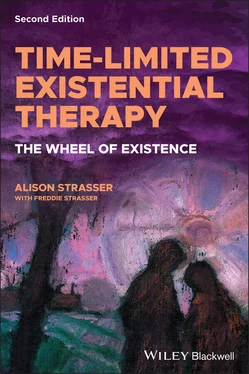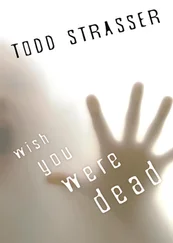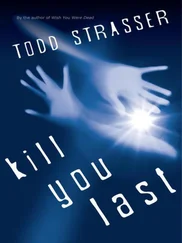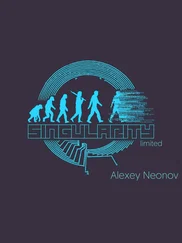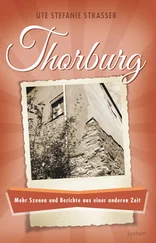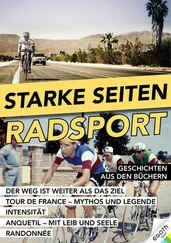Alison Strasser - Time-Limited Existential Therapy
Здесь есть возможность читать онлайн «Alison Strasser - Time-Limited Existential Therapy» — ознакомительный отрывок электронной книги совершенно бесплатно, а после прочтения отрывка купить полную версию. В некоторых случаях можно слушать аудио, скачать через торрент в формате fb2 и присутствует краткое содержание. Жанр: unrecognised, на английском языке. Описание произведения, (предисловие) а так же отзывы посетителей доступны на портале библиотеки ЛибКат.
- Название:Time-Limited Existential Therapy
- Автор:
- Жанр:
- Год:неизвестен
- ISBN:нет данных
- Рейтинг книги:3 / 5. Голосов: 1
-
Избранное:Добавить в избранное
- Отзывы:
-
Ваша оценка:
- 60
- 1
- 2
- 3
- 4
- 5
Time-Limited Existential Therapy: краткое содержание, описание и аннотация
Предлагаем к чтению аннотацию, описание, краткое содержание или предисловие (зависит от того, что написал сам автор книги «Time-Limited Existential Therapy»). Если вы не нашли необходимую информацию о книге — напишите в комментариях, мы постараемся отыскать её.
Time-Limited Existential Therapy: The Wheel of Existence,
Time-Limited Existential Therapy: The Wheel of Existence
Time-Limited Existential Therapy — читать онлайн ознакомительный отрывок
Ниже представлен текст книги, разбитый по страницам. Система сохранения места последней прочитанной страницы, позволяет с удобством читать онлайн бесплатно книгу «Time-Limited Existential Therapy», без необходимости каждый раз заново искать на чём Вы остановились. Поставьте закладку, и сможете в любой момент перейти на страницу, на которой закончили чтение.
Интервал:
Закладка:
And I thank all my clients and supervisees who inadvertently provided the backdrop and clarity to the existential themes that I was writing about, including their myriad of responses to time, and to Maria Clark for sharing her time and her rich case studies for inclusion in this book.
I acknowledge the calm and insightful support of Jo Silbert who stepped in after the first draft as my editor and mentor; together we cut and dissected chapters, pages, and ideas and shaped them into the current coherent creation.
Finally, my thanks go to my husband Rob Woodburn who was a surreptitious existential thinker, only revealing later in our relationship that he had studied existential philosophy as an undergraduate. As a writer, he patiently read and edited the first draft of this book, asking awkward but poignant and useful questions. The two most significant men in my life, Rob and my father, Freddy both died within 10 years of each other, handing over the baton to my humble and nervous hands.
About the Author
Alison Strasser DProf(Psychotherapy & Counselling), MA, BA Hons
Alison is a practising psychotherapist, coach, and supervisor. She is also an educator with a passion for imparting how existential themes can be integrated into every therapeutic approach. She was instrumental in creating the existential curriculum for many counselling and psychotherapy trainings in Australia and founded Centre for Existential Practice in 2008. Her doctorate focused on the process of supervision, work that led to a framework for supervisor training, now a major component of CEP’s annual programme.
1 Existential and Phenomonological Philosophies and the Wheel of Existence
My freedom will be so much the greater and more meaningful the more narrowly I limit my field of action and … surround myself with obstacles … The more constraints one imposes, the more one frees one’s self of the chains that shackle the spirit.
Igor Stravinski, Poetics of Music in the Form of Six Lessons (1970)
Existentialism and Phenomenology Overview
Existentialism and phenomenology are different and yet complementary philosophies that attempt to understand what it means to be human. In simple terms, existentialism focuses on human existence, reflecting on the issues of what it is to be human, while phenomenology concerns itself with how human beings subjectively interpret their existence. These philosophies stem not from a traditional, objective, rational, scientific focus or impetus but from an examination of how humans understand themselves in the midst of their lived experience.
The word ‘existence’ has its roots in the Latin word ex‐istere – translated variously as ‘to stand out’, ‘to emerge’, ‘to proceed forward in a continuous process’.
Rollo May, the distinguished American protagonist of existential philosophy, defined this existential approach to understanding the human condition in his book The Discovery of Being :
For the very essence of this approach is that it seeks to analyse and portray the human being – whether in art or literature or philosophy or psychology – on a level which undercuts the old dilemma of materialism versus idealism. Existentialism, in short, is the endeavour to understand man 1 by cutting below the cleavage between subject and object that has bedevilled Western thought and science since shortly after the Renaissance.
(May, 1983, p. 49)
Existential philosophy is concerned with the science of being – with ontology (Gk ontos , ‘being’). It examines the attitudes we adopt towards being and what we can do about it. Existential philosophy observes that each individual makes his or her own unique pathway in the world, that each of us will experience our own existence in our own distinctive manner. Simultaneously, each individual exists in a relational or co‐constituted mode to others and to the world. In other words, as soon as we exist we are inexorably connected to other people, objects and even ideas.
Kierkegaard, the grandfather of existentialist philosophy, explored the anxiety and aloneness humans experience as they struggle in their attempts to find their own truth, their personal freedom, against the backdrop of the ‘shoulds’ and ‘oughts’ that life inevitably demands. Heidegger pertinently asked, ‘What is it to be human?’ and spent his life’s work defining and redefining both his questions and answers, emerging with the concept that humans are inextricably connected to the world, are perpetually in a state of ‘being‐in‐this‐world’, known as Dasein (Heidegger, 1962). Similarly, we are always ‘comporting’ or choosing how we act in the world at the same time as the world interacts with us.
Many people associate existential philosophy with complicated ideas and a leaning towards pessimism. They hear words such as ‘death’, ‘isolation’, and ‘meaninglessness’, without realising that these concepts form only a part of a richer and more complex whole. It is just as significant, for example, to explore hope as it is to examine despair. The polarity of existential themes creates the constant tension between life and death, meaning and meaninglessness, isolation and relationship. Existence is about understanding and living within these constant tensions.
Phenomenology, on the other hand, concerns itself with subjectivity, with how human beings interpret things to themselves (Husserl, 1977) as opposed to the natural science framework that seeks to find objective truth. The importance of phenomenological exploration is that it excludes this objective reality and instead seeks a subjective explanation of the individual’s relationships with objects, others, and his or her sense of being.
The Wheel of Existence
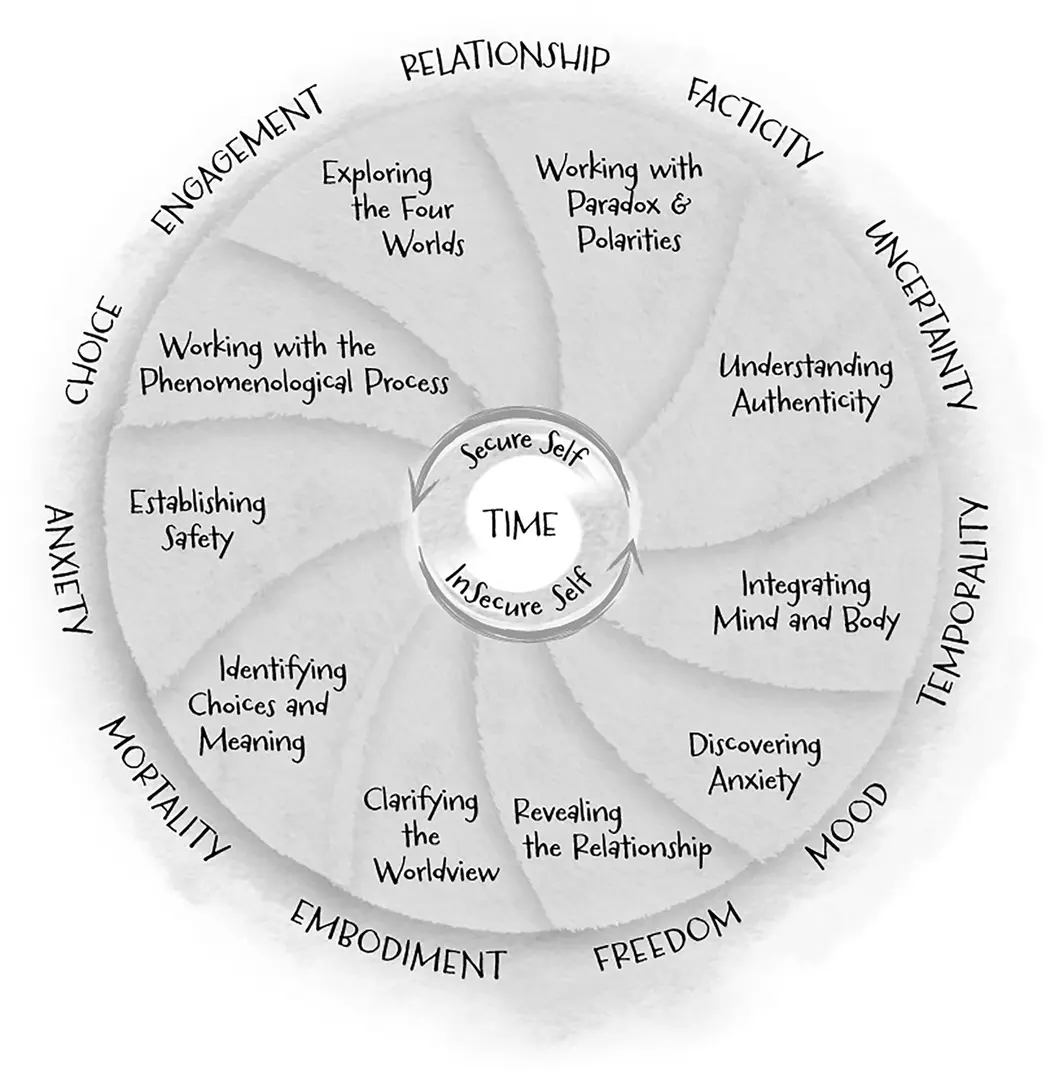
Source: Alison Strasser
The Wheel is used as a diagrammatic representation of the interplay between key existential and phenomenological concepts and as a philosophical attitude when working with clients. It is versatile framework in that it can be used as a specific structure for teaching but also creates a background frame that can be drawn upon when reflecting upon a client either in the session or later in supervision.
In brief, the Wheel’s outer layer depicts existential or ‘ontological’ phenomena, the concerns or ‘givens’ common to all human beings universally.
Radiating from the fulcrum of the Wheel is the next layer, a series of 10 segments or ‘leaves’, which together constitute the essence of individual experience and their attitudes or relationship to the ontological ‘givens’. These leaves are referred to as the ‘ontic’ layer and give credence to a subjective and personal ‘ontic’ experience which differs with each individual and which more closely resembles the concerns of phenomenology.
The self, which can be considered to be in a constant state of flux, shifting between one’s experiences of security and insecurity, occupies the outer section of the core.
At the core of the Wheel of Existence is time, an existential given that permeates all our lives from birth to death and beyond.
The Wheel is a schema for understanding how the different rudiments of existential philosophy are integrated into a whole; it seeks to show how all the above elements both interact with and influence each other, all contributing to the individual’s experience of being‐in‐the‐world and to our worldview. The structure of the Wheel highlights the existential–phenomenological hypothesis that all issues always interconnect and express themselves throughout all facets of individuals’ relationships with the world. As such, the Wheel parallels existential philosophy in viewing the human being as a unified entity rather than split into divisions of mind, thoughts, body, and emotions. It follows that what a client focuses on at any point in time will be connected to many of their other concerns, thus paralleling phenomenology. In keeping with this thinking, the following chapters in which these elements or ‘leaves’ are described do not necessarily follow the clockwise or even anticlockwise direction of the Wheel.
Читать дальшеИнтервал:
Закладка:
Похожие книги на «Time-Limited Existential Therapy»
Представляем Вашему вниманию похожие книги на «Time-Limited Existential Therapy» списком для выбора. Мы отобрали схожую по названию и смыслу литературу в надежде предоставить читателям больше вариантов отыскать новые, интересные, ещё непрочитанные произведения.
Обсуждение, отзывы о книге «Time-Limited Existential Therapy» и просто собственные мнения читателей. Оставьте ваши комментарии, напишите, что Вы думаете о произведении, его смысле или главных героях. Укажите что конкретно понравилось, а что нет, и почему Вы так считаете.
